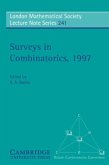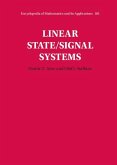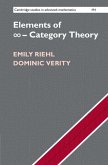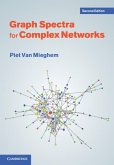Originally published in 1910, Principia Mathematica led to the development of mathematical logic and computers and thus to information sciences. It became a model for modern analytic philosophy and remains an important work. In the late 1960s the Bertrand Russell Archives at McMaster University in Canada obtained Russell's papers, letters and library. These archives contained the manuscripts for the new Introduction and three Appendices that Russell added to the second edition in 1925. Also included was another manuscript, 'The Hierarchy of Propositions and Functions', which was divided up and re-used to create the final changes for the second edition. These documents provide fascinating insight, including Russell's attempts to work out the theorems in the flawed Appendix B, 'On Induction'. An extensive introduction describes the stages of the manuscript material on the way to print and analyzes the proposed changes in the context of the development of symbolic logic after 1910.
Dieser Download kann aus rechtlichen Gründen nur mit Rechnungsadresse in A, B, BG, CY, CZ, D, DK, EW, E, FIN, F, GR, HR, H, IRL, I, LT, L, LR, M, NL, PL, P, R, S, SLO, SK ausgeliefert werden.









